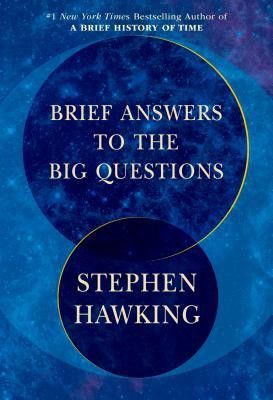Brief Answers to the Big Questions

Turning cosmic questions into working notes for the rest of us
Reason to read: A concise tour of the biggest problems we face, written with enough clarity to inform real decisions about technology, policy, and where to place our effort.
Hawking frames ten deceptively simple questions and answers them in plain language. Is there a God, how did it all begin, what sits inside a black hole, can we predict the future, is time travel possible, will we survive on Earth, are we alone, should we colonise space, will artificial intelligence outsmart us, and how do we shape the future. The chapters are short, the tone is direct, and the through line is evidence. It reads like his final briefing note on why these questions matter and what a rational response looks like.
Three things stuck with me. First, scientific literacy is not optional. If you want to build useful things or set policy, you need a working grasp of risk, scale, and second order effects. Second, fix Earth and prepare for the long game. He argues for serious climate action while treating space as an insurance policy, not an escape hatch. Third, be ambitious about technology while insisting on guardrails. The discussion of AI is measured and practical, calling for oversight without losing optimism about its benefits.
It is not a technical deep dive, and that is the point. This is a clear, compact nudge to think in centuries, back claims with tests, and keep curiosity sharp.
Verdict: A short, steady primer that turns awe into action.